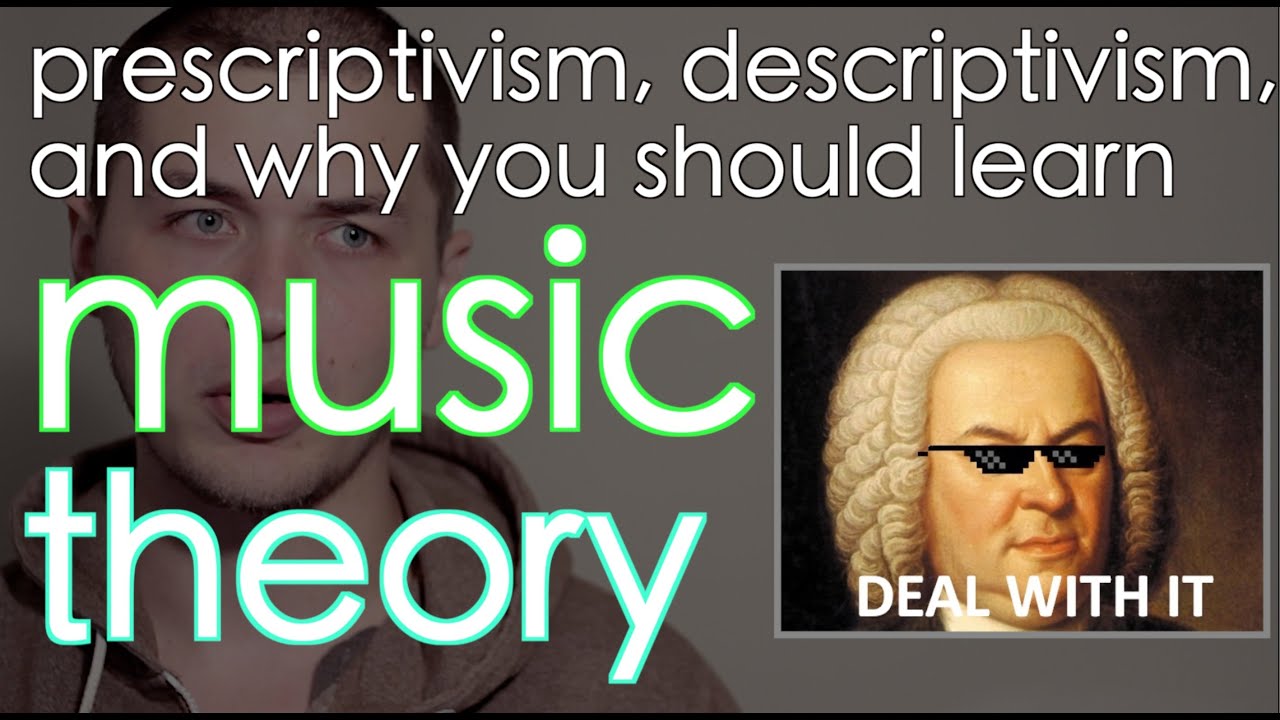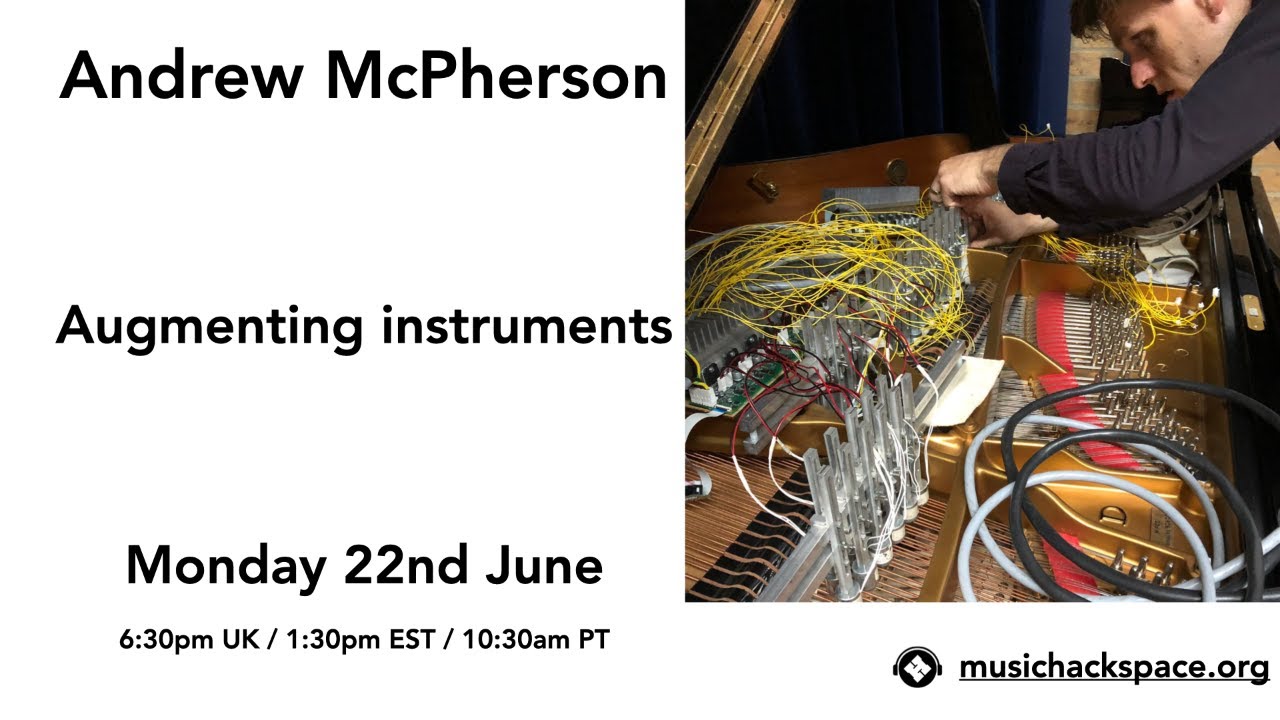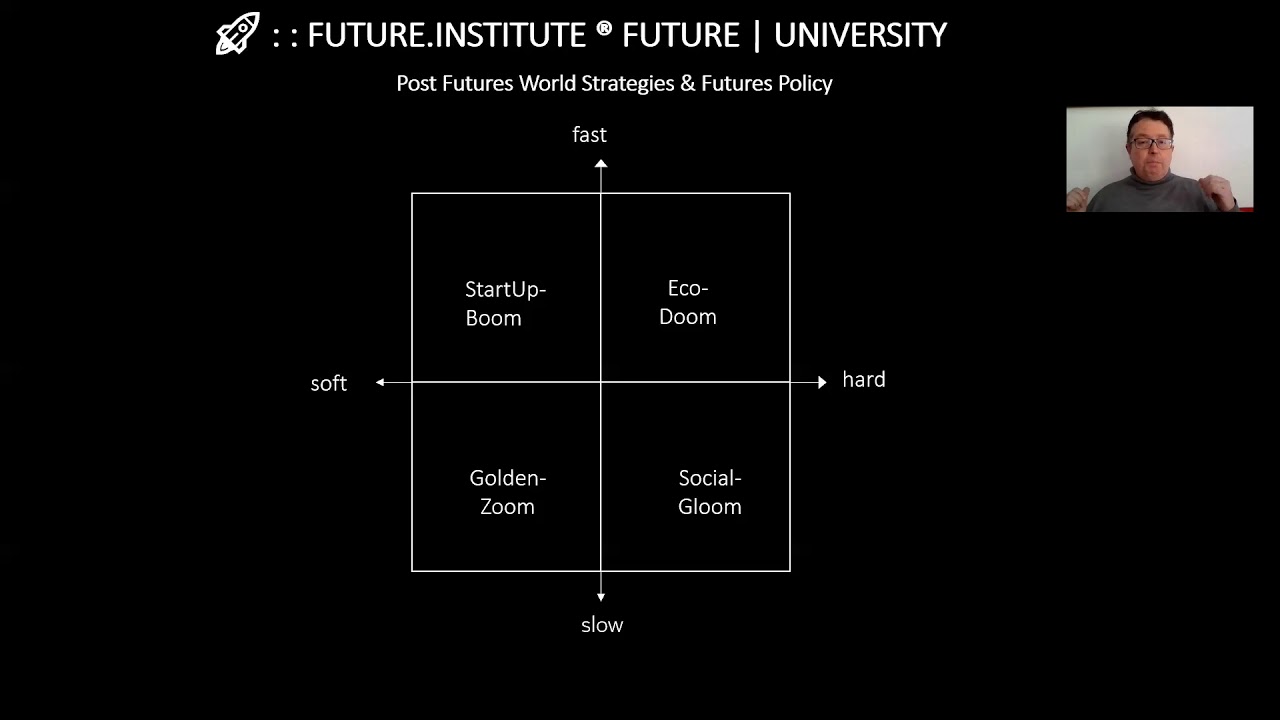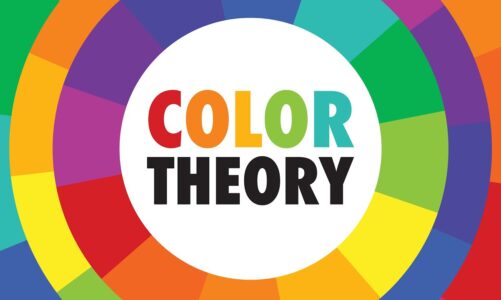Adam Neely
Support me on Patreon!
https://www.patreon.com/adamneely
Learn how the build and drop in modern EDM is actually just the same as dominant prolongation in classical Sonata form, and how music theory should be celebrated as a means of understanding all music, regardless of style or geographic origin.
I’d like to thank all of the teenagers of the world commenting on guitar forums for the inspiration behind this video. Without you, none of this would be possible.
Peace,
Adam
Source




So, if music theory is just "Prescriptive" than how does that help me construct music?
Why are you pushing white supremacy?
lmao, I was listening for Ether for the first time as well as the album, and the beginnig of a video made so much sense in context of music piece
Shouting our Minor Threat is why you're the best
I just got to say Ive been fingerpicking strings for 35 years, I can do the hardest techniques in flamenco and pick bluegrass like no other,.
But my improvisations, voicing, and progrssions never sounded musical all these years, because I was making stupid simple theory and rythm mistakes.
Since Ive learned correct theory and rythms, Ive had more progress in these past few years than I did for the past 20 years, thats not an exaggeration.
Ive never been able to improvise/write a satisfactory comp&rythm that sounded decently musical until I learned theory and started paying attention to theory and the even /odd tempo math
Music Theory has helped me hear amazing new melodies in my head. Theory unlocks a whole new world of possibility and creativity.
Love it dude, keep it up
Do you regret making this video?
Oh man, an early Adam Neely video? Even back then the visuals (and the content) were on point. dat Fairly Oddparents reference 👍🏼👍🏼
How did you have a better take on this concept 5 years ago than you did in 2020
Love this, Adam.
Yo awesome you talked about EDM. You should do a video talking about tekno xp
A musician not wanting to learn about music theory is like a chef/cook not wanting to learn the names of any cooking techniques or ingredients.
"The part where you go daaa da daa daa daa daa doesn't fit what everyone else is playing; try it like daaa da daa daa daa daa" sounds clumsier than "The natural minor scale doesn't fit these chords very well; try the harmonic minor scale," just like "Use that sharp thing to make little pieces out of one of those things that make you cry" sounds a lot clumsier than "Cut up an onion."
So how come music theory is racist now? Been jumping on that woke train haven't you?
This is the rant I was looking for.
Adam in 2015:
Why you should learn music theory
Adam in 2020:
Music theory is racist
2016 Adam: you should learn music theory
2020 Adam: music theory is racist white supremacy
2:37 Hol'up, black keys wtf?
old video but i had a thought about why some people might be proud of not learning theory, elitism. Thoughts of music theory are often connected to thoughts of school-trained musicians, which connects to thoughts of elitism and dismissal of some contemporary not-so-complex styles (the trope that to a trained musician, metal or EDM isnt considered REAL music). So maybe it's just a string of Ideologies (correct or not) that the person doesn't want to be connected with, and is proud to denounce due to feeling not respected themselves?
Who knows,
I only started becoming interested in theory in the last 2 years and ive been playing maybe 12 🤷🏻♂️ Ain't no denying that it's super useful for understanding and communicating! I need to study more though haha
It’s like a baby not wanting to learn to speak because they won’t be able to speak in gibberish anymore.
Theres a Zen saying that sums up this feeling. "Before Zen, mountains were mountains, and waters were waters. After some Zen mountains were no longer mountains and waters were no longer waters. After enlightenment, waters were waters again, and mountains became mountains again."
I just got into an argument about this very topic last night. My point was pretty much everything in this video. Apparently that makes me an elitist snob.
Rant away bud👍the more you know, the more free you become! 🤘
I like this comparison with prescriptive and descriptive grammar. Basically, you learn the general rules, but then you should think outside the box so u know how 2 break ’em! And about Bach’s parallel fifths, it’s like when you see a grammar “mistake” in a great writer’s work. If you study music theory so that you understand it, you can try to analyse it and get a deeper understanding. If you just swallow the theory as a set of rules written in stone, your view will be limited.
D-Did he just compare electronic music to classical? That's awesome. I know someone out there will call me stupid for liking that, but it's still awesome.
Gotta know the rules to break them
Agreed 100% Music theory is a model of nature. It does not restrict music freedom – it facilitates music freedom.
I saw this movie two years ago, about three years after leaving the music school. It gave me a lot to think about. Today I am in the first year of music school at the jazz department. Thank you for this and other movies that convinced me not to give up something that is important to me and keep trying
Peace
This idea really surprised me (not your ideas, the one you present at the beginning) because as someone who wrote music before, and after having a strong grasp of music theory, I always feel way more creative.
More than that, I was able to better understand my previous works, which still followed trends of functional harmony and so on.
I only learned Music Theory just so I can know what certain methods are called and also to learn new things in Music. For a while, I felt it stunned my creativity till I realised I was sabotaging myself… lol. It happens
Your videos are so helpful, thank you 🙏😭
Somehow…with a lot of people who play music…the idea of not knowing how it works translates to nobility.
Long post but I wanted to share my experience with music theory:
I've been playing for about 4 years and music theory is something I really want to start to learn, but I have memory problems that make it a very difficult and slow process. However I do know a good chunk of practical theory just by playing, I couldn't tell you why it works, just that I know it does.
I'm a guitarist and I mostly play in open tunings to compensate for my lack of the ability to memorize traditional scales and chords. Because when playing in an open tuning, it feels a lot less confusing because there's only really one set of right or wrong notes that match with the open chord, but in that scale you can still play a lot of different things. Emo, pop punk, math rock, post rock, noise rock, jazz, all things I've played around with and made sound good in just FCGDCE alone.
I naturally memorize the basic scale as I play and learn what sounds good and what doesn't, and once I know what sounds good I can make up whatever weird n wacky chords I need to get the feeling I want across.
I also don't have trouble improvising over other songs much at all, a few mistakes happen but I usually figure out what is gonna sound good and what notes to avoid pretty quickly. It's not flashy playing, but I can feel it.
So, it order to combat my memory issues, I've started listening to songs I like, playing along for a bit and then stopping, but continuing to play as if I were playing to the song. This kind of "primes" me to playing in that scale, and then I can figure out how the whole thing works and do whatever I want with it.
Because of this, and the fact I don't know the real names of these scales, when I go to write something in standard tuning I think of the song I used to """learn""" that scale.
So I mentally think of them as things like
The "Drown" scale
The "GOAT" scale
The "Empire" scale
Etc etc
I'm definitely not learning this the right way, but I also find that forcing myself to take weeks to memorize one mode of a scale makes guitar a lot less fun to me. I don't want to be a guitar wizard, I just wanna have fun playing this instrument I love so much, and this makes me feel like I'm improving while still having fun so I don't mind if after 10 years I'm only as good as someone who's played for 5 but started by learning music theory.